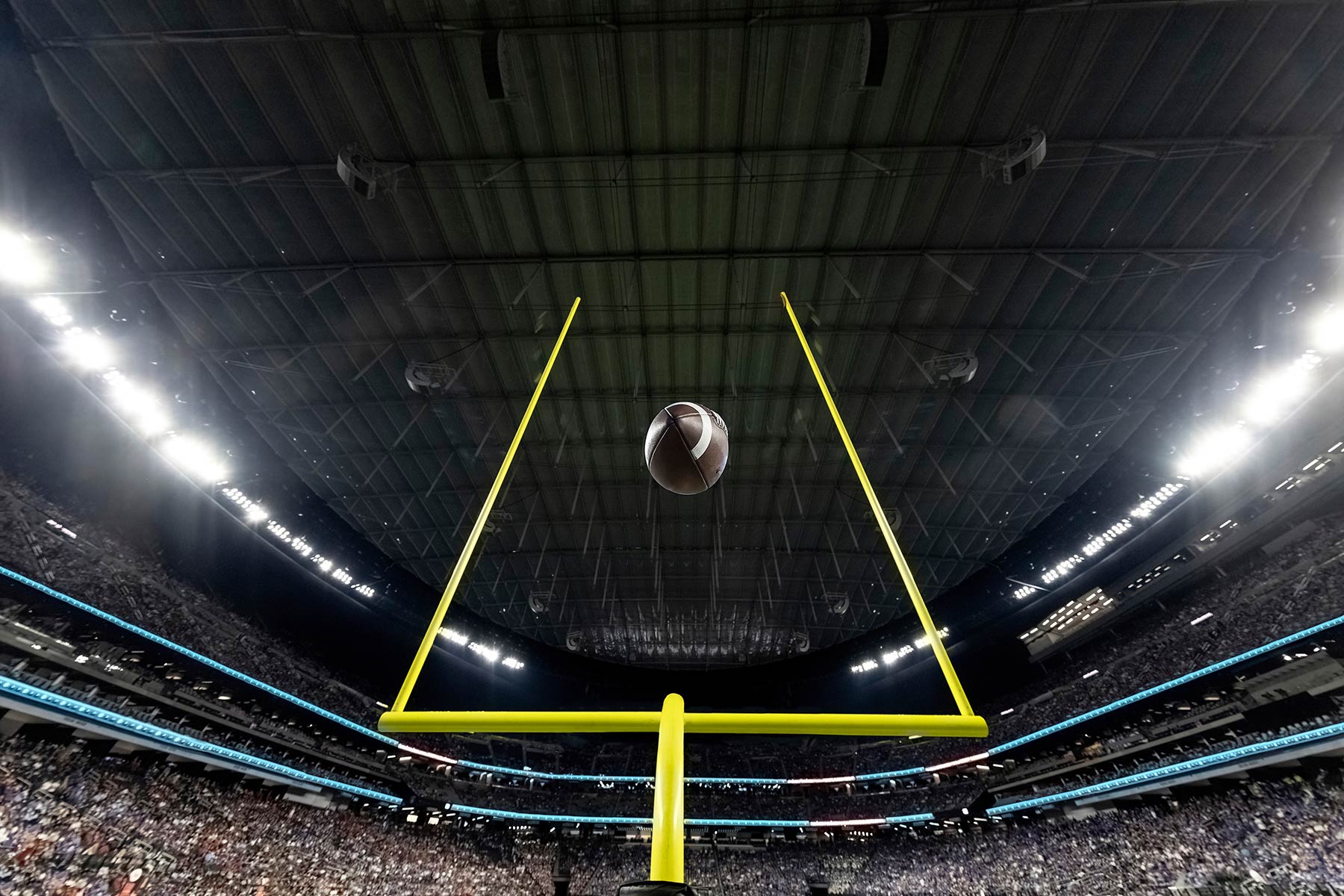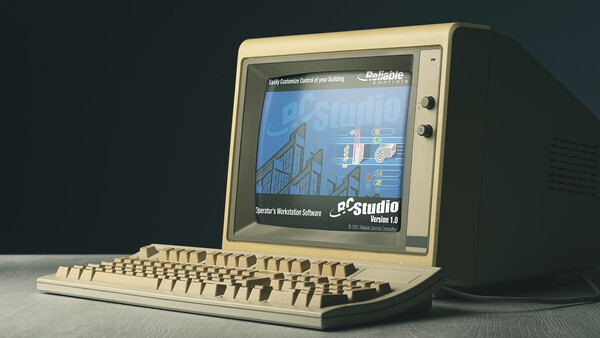President’s message: Transparency in the race to net zero
Reliable Controls president Tom Zaban explores how we can help you foster transparency in the race to net zero.





Regular American football season officially began this month with the 2023 NFL Kickoff Game on September 7, marking the start of an 18-week, 272 game regular season. Meanwhile in Canada, the Canadian Football League is nearing the end of its sixty-fifth season of play. It’s not just the Super Bowl or Grey Cup on everyone’s minds this year, though; players and fans are increasingly worried about a challenge of a different kind: poor air quality.

After the worst wildfires on record in Canada this summer, the Canadian Football League and the Canadian Football League Players Association agreed to air quality checks during games. Decisions about whether to start or continue a game are based solely on these measurements, conducted by an independent third party.

A recent study by the International Journal of Environmental Research and Public Health found that poor air quality is predictive of mistakes in professional football and baseball games. Researchers from two Louisiana universities collected statistics from the National Football League (NFL) and Major League Baseball (MLB) and compared them with the air-quality index in each team’s home city. They discovered teams based in cities with worse air quality made more errors, threw more interceptions, and made other gameplay mistakes. The data revealed baseball teams committed an extra 0.000993 errors per game for every additional air-quality index point, while quarterbacks experienced a 0.23-point dip in their quarterback rating.
Given that air pollution affects not just physical health but also brain and body chemistry, it’s possible that players in cities with poor air quality don’t think as quickly when making split-second decisions during games. Another study found air pollution reduces running speed. Then there’s the spectators. University of South Carolina assistant professor Nicholas Watanabe found that for every 10,000 spectators who attend an NFL game, there was an increase of 0.3 percent on the air quality index. Ozone and nitrogen dioxide were the two main pollutants, suggesting the decrease in air quality comes from spectators’ vehicle emissions. Tailgate parties also contribute to the amount of pollution generated by a game. So for these reasons, and for the safety of coaches and fans, it’s more important than ever for indoor stadiums to have proper air-filtration systems.

About a third of NFL stadiums have a roof of some kind, whether domed or retractable. Two teams even have the ability to move their games indoors or out with retractable grass fields. The ability to carefully control the indoor environment in these facilities with a building automation system not only means games can be played in extreme weather but also provides improved air quality, reduced noise pollution, and increased energy savings.
How can a building automation system improve air quality in an indoor stadium? First the air quality needs to be quantified. A solution like the Reliable Controls MACH-ProView™ LCD controller can measure, log, and report indoor air quality metrics like temperature, humidity, CO2, volatile organic compounds, and particulate matter (PM2.5 and PM10). Armed with that information, the building automation system can operate ventilation systems that circulate, condition, and exchange air in the stadium. It can also alert occupants when air quality approaches dangerous levels or if safety systems fail in the facility.

Matthew Campelli, editor of The Sustainability Report, says stadium facility managers are increasingly turning to technology that centrally controls HVAC systems to make their buildings safer, more sustainable, more cost efficient, and easier to maintain. Football venues with retractable roofs and air-quality control provide fans and players with a comfortable and controlled environment, no matter the weather or air quality outside.

Interested in how we can help you improve the air quality in your facility? Find an Authorized Dealer near you now.


Reliable Controls president Tom Zaban explores how we can help you foster transparency in the race to net zero.

Reliable Controls president Tom Zaban reflects on 30 years of the BACnet protocol.

Celebrating nearly 25 years of RC-Studio, the backbone of our suite of building automation tools.

Learn how Reliable Controls promotes a circular economy, starting with design choices.

Learn about encouraging outcomes of the UN Climate Change Conference and how building automation plays a critical role in achieving global decarbonization goals.

What does a Zamboni have in common with an arena's ventilation system?

If you’re a building owner or manager, how can you clean the air in your facility to protect occupants?